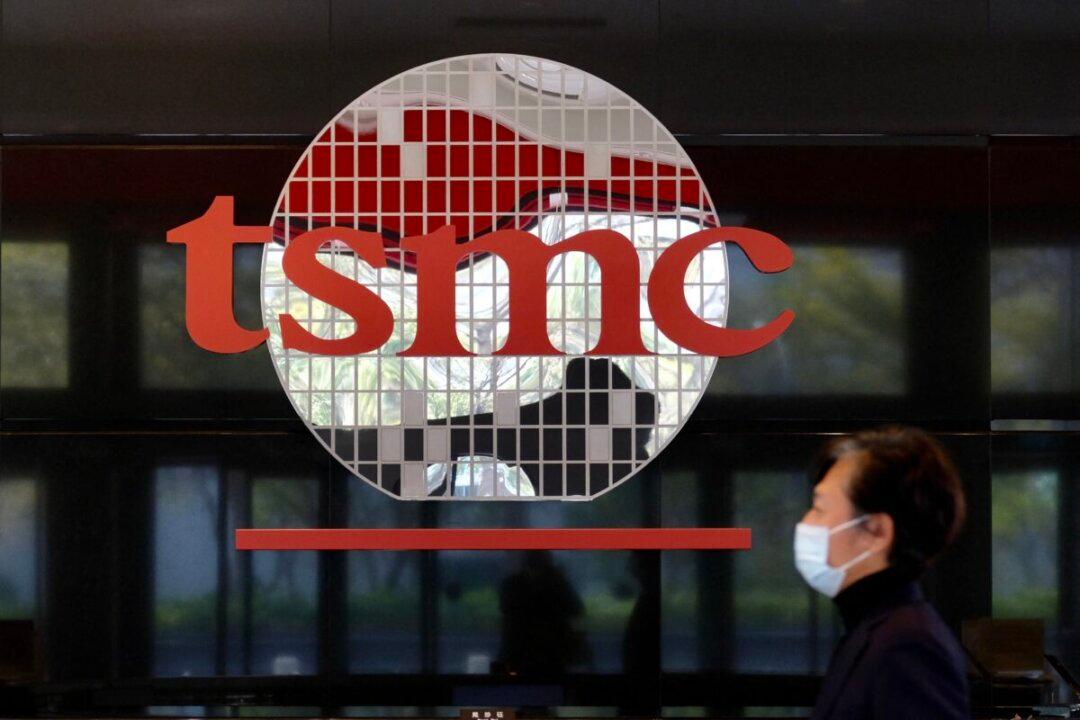TSMC, a world-leading chip maker located in Taiwan, has seen its shares drop sharply amid an overall slowdown in the industry but is expected to maintain its dominant position with stronger revenue growth targets than last year.
Speaking at an investor conference on July 12, TSMC CEO C.C. Wei said that the company has raised this year’s sales growth forecast to 35 percent from the previous 30 percent predicted in June.




